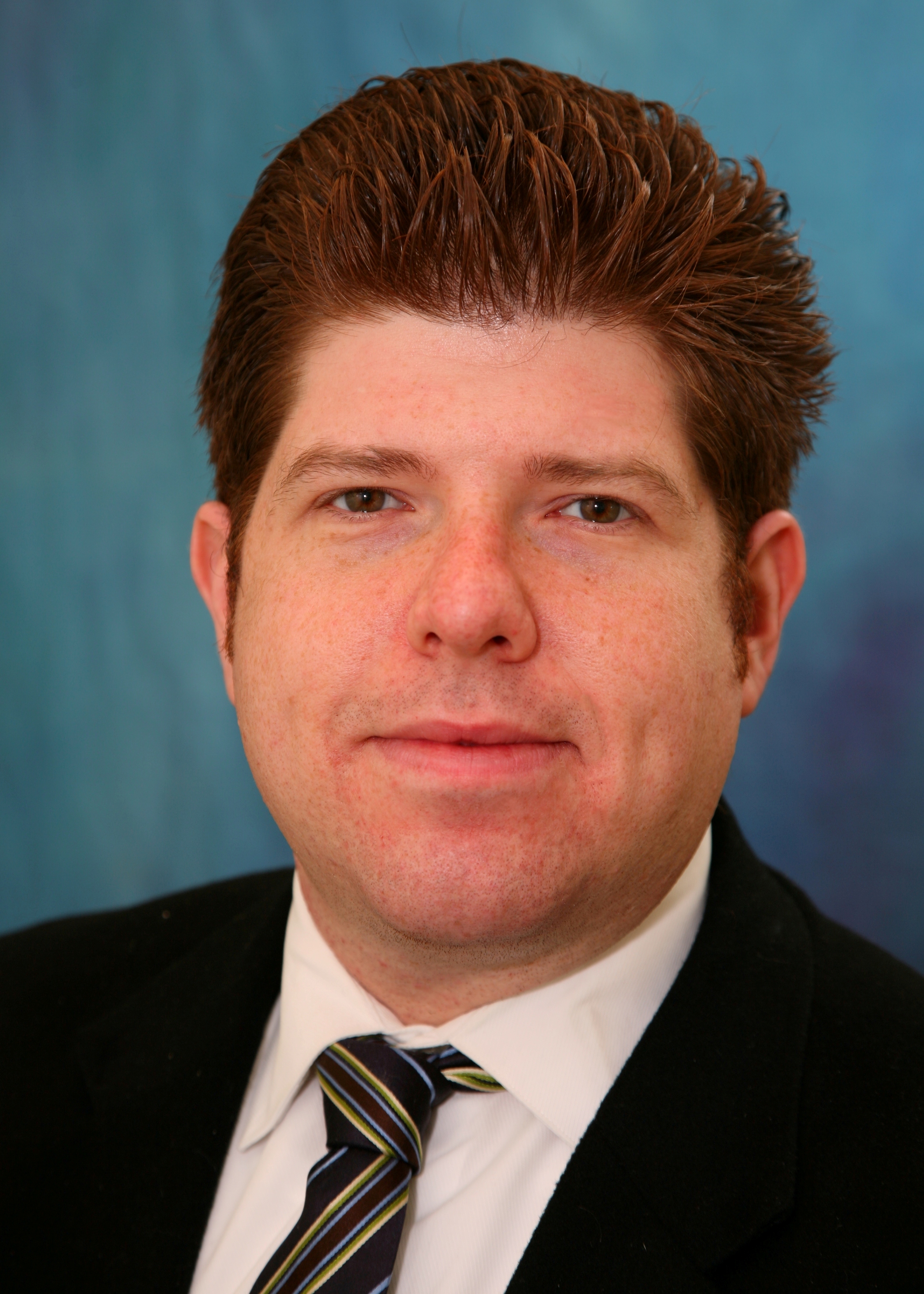With more and more physicians choosing hospital employment and the increase of regulatory burdens, can the independent physician practice survive?
Ask Spine Surgeons is a weekly series of questions posed to spine surgeons around the country about clinical, business and policy issues affecting spine care. We invite all spine surgeon and specialist responses. Next week's question: Are spine practices prepared for ICD-10 implementation?
Please send responses to Anuja Vaidya at avaidya@beckershealthcare.com by Wednesday, Feb. 18, at 5 p.m. CST.
Question: Can independent physician practices survive and thrive in today's healthcare climate?
Brian R. Gantwerker, MD, The Craniospinal Center of Los Angeles: I do believe so. By forming strategic partnerships with other surgeons, sharing resources and overhead, I think we can stay viable.
 Richard A. Kube II, MD, CEO, founder, Prairie Spine & Pain Institute, Peoria, Ill.: Yes! I think the independent practice has an ability to evolve much more rapidly than the large institution. While being small can be a weakness, if you are proactive, you can evolve ahead of the larger players and capture market share ahead of the curve. You need to spend more time studying and analyzing what may occur to be prepared and able to weather any storm, but in a changing environment, the successful practices are the ones who will be able to make quick, educated, intelligent decisions and evolve.
Richard A. Kube II, MD, CEO, founder, Prairie Spine & Pain Institute, Peoria, Ill.: Yes! I think the independent practice has an ability to evolve much more rapidly than the large institution. While being small can be a weakness, if you are proactive, you can evolve ahead of the larger players and capture market share ahead of the curve. You need to spend more time studying and analyzing what may occur to be prepared and able to weather any storm, but in a changing environment, the successful practices are the ones who will be able to make quick, educated, intelligent decisions and evolve.
Gowriharan "Ty" Thaiyananthan, founder of BASIC, Newport Beach, Calif.: I believe that independent physician practices can not only survive, but also thrive in today's healthcare climate. Medicine is constantly changing and evolving — likewise physicians must do the same. Every generation of doctors has been forced to deal with dramatic changes such as the introduction of the Medicare program, managed care, corporate influences, Obamacare and the foundation model of medicine. The consistent theme throughout has always been that doctors have always been able to adapt and thrive with these changes.
Much like what has happened in England, the managed care/ACO model of medicine will create a market for patients looking for a less "corporate" style of healthcare delivery. For independent physicians to thrive they have to be able to offer the same service lines and advantages that large physician conglomerates and hospitals will be able to and get this information to an increasingly educated consumer base — the patients. This means data tracking and greater physician participation and ownership in entities such as ambulatory surgery centers, imaging centers and labs that allow individual doctors not corporations to control a service line.
Independent physicians from different specialties may need to work together to provide a complete service line for a patient with a particular issue. If they can create a cheaper, more effective, better product than "non-independent practices," I believe these doctors will continue to not only survive but thrive in a free market system.
Lloyd Zucker, MD, Chief, Neurosurgery, Delray Medical Center (Delray Beach, Fla.): It is hard to give a blanket answer to a question such as this without establishing what defines an "independent physician practice." If we are to consider the independent practice as the solo practitioner, then the answer is no. There are far too many market forces present that make the concept of the solo practitioner a thing of the past. While being solo seems to bring the ultimate freedom there are no economies of scale in terms of expenses. Negotiating benefits that are evident in a larger group are nullified and the solo practitioner often becomes financially noncompetitive in an effort to maintain volume.
A group single-speciality practice can fall under the same definition. The common denominator here is often defined by the volume of physicians represented within the speciality. The greater the number of physicians, the more they resemble the previous group in the eyes of stakeholders in the market. High risk, medical or surgical interventional specialties with limited numbers can thrive. These specialties are often the mainstay of continued inpatient hospital volume and the survival of these practices are intimately linked to the well being of the hospital.
There are business models where multiple "independent" practices have joined forces while maintaining individual offices in a geographic sense. While appearing independent, the collective nature of the business arrangement is a statement that the independent model within that speciality is failing.
In order for the independent practice to survive it must assimilate the characteristics of the corporation. It must diversify, not allowing itself to be unidimensional. Income, if possible, should be derived from multiple sources. It needs to be visible, marketing its successes and showing a return on investment. That investment in a group can be payment for call, purchase of equipment needed to do new procedures or the addition of personnel to help streamline the patient process and add to satisfaction.
More articles on spine:
Dr. Troy Morrison earns board certification
5 key points on indirect neural decompression through oblique lateral interbody fusion
Sierra Regional Spine Institute joins Nevada HIE


